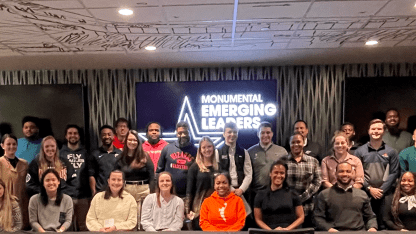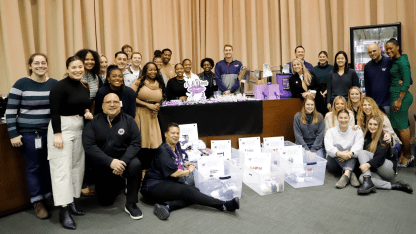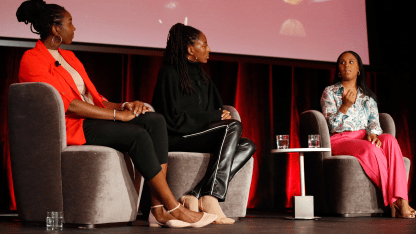Diversity - The various differences of social and personal identities that individuals hold that enrich society, organizations, and teams. Social identities are described as age, gender, race, sexual orientation, socioeconomic status, disAbility, etc. Personal identities are values, beliefs, career, job title, physical features, etc.
Intersectionality - The interconnectedness of multiple identity markers that all intersect to inform our worldview and shape our experience in the world.
Workforce Diversity - Collective social categories and identity groups of an organization's employee makeup (i.e. job level, race, gender, ethnicity, sexual orientation, religion, age, socioeconomic status, disAbility, geographical location, values, and beliefs)
Behavioral Diversity - A range in which employees at an organization behave in the workplace (i.e. beliefs, values, attitudes, goals, job expectations, learning styles, organizational styles, work styles, thinking styles, and communication styles)
Structural Diversity - Encompasses the varying differences and similarities across teams, units, groups, functions, and organizational levels that can impact performance, success, and belonging.
Inclusion - This is achieved when all employees, regardless of social identity differences, are fully integrated into an organization (groups, activities, meetings, social gatherings) and are respected, valued, treated fairly, and have equal access to an organizations' resources, opportunities, leadership, and success.
Belonging - Acceptance as a natural member/part of a group or place with the feeling of support, security, comfort and welcomed participation.
Engagement - The physical, mental, and emotional connection employees feel toward their organization, teams, and the work they do through involvement and participation in the workplace.
Equity - Systems that acknowledge and understand the differences of everyone's access to resources, advancement, opportunities, and treatment and seek to eliminate barriers and provide what people need based on these differences.
Equality - Indicates a system that provides the same (or equal) opportunities, resources, and rights for all individuals.
Courageous Conversations - Discussions that are often uncomfortable and difficult in which address topics such as differences, conflicts, and social issues that lead to alignment and understanding.
Bias - An unreasonable and disproportionate prejudice to the benefit or detriment of an idea, person, or social group that can influence one's actions both positively and negatively.
Unconscious Bias - Beliefs, assumptions, and attitudes about different social and identity groups that exist outside an individual's conscious awareness, influenced by one's own prior experiences and perceptions.
Ally - An individual who holds certain privileged identities, recognizes their privileges, and uses them to leverage their power and influence to support, champion, and advocate for individuals from marginalized groups.











